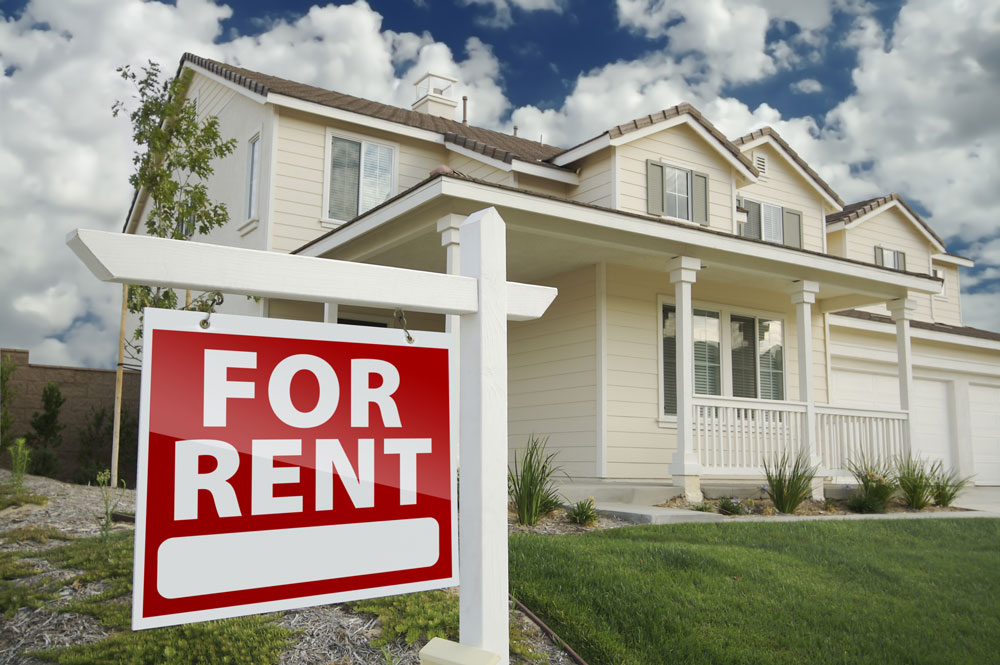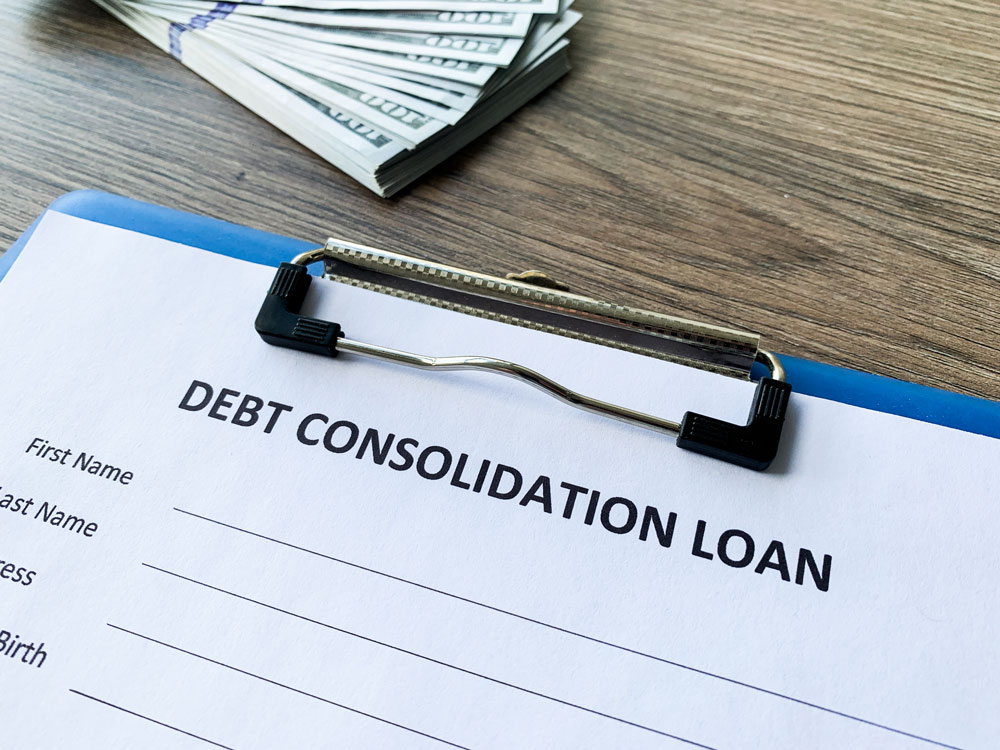If you’ve just bought your first home, congratulations! While it’s an exciting milestone that deserves to be celebrated, it’s also a time when you need to think about ways to be smart with your finances. Maintenance costs, utility bills, and other unforeseen expenses can potentially put most first-time homeowners in a difficult spot to save money for the future.
This blog post will go over ways to cut down on costly spending and teach you to learn how to make the most out of your hard-earned money.
First and foremost, you should create or adjust your budget to make sure that you are not overspending and are able to save money each paycheck. If you’re creating a budget for the first time, start by assessing your current income versus your current expenses.
Determine which categories you can reduce overall, such as grocery or utility bills, and which you can eliminate altogether, such as subscription services you no longer use or frivolous shopping trips and nights out. Once those areas of wasteful spending are identified, you’re able to easily make those changes.
Home repairs and maintenance are often considered unexpected expenses and can be quite costly for homeowners, so it’s important to have a plan and a budget in place for when these things happen. Start by creating a separate account dedicated solely to home repairs that you can add money to each paycheck.
Even small amounts monthly can add up quickly over time, and can help to cover any unexpected costs. For regular maintenance, create a list of items in your home that require regular maintenance and determine how much should be set aside for those.
Try to plan the funds out 3-6 months in advance if possible so that there is less stress in the long run. Repairs and maintenance are also great opportunities for new homeowners to get their hands dirty and learn how to do these things themselves.
Lastly, refinancing is an important step in managing your financial portfolio. This means replacing your current loan with one with a lower interest rate or with different terms. Refinancing can reduce overall monthly payments, help you build equity quicker, and give you an opportunity to take out some of the equity you have built in your home for other investments.
If you’re planning on refinancing, be sure to look into each option available to you, such as cash-out refinance loans or adjustable-rate mortgages, and compare multiple lenders. Especially as a new homeowner, you want to make sure that you are finding the best option that works for you and that will help you save money and improve your financial outlook.
Buying your first home, though exciting, comes with a huge amount of financial responsibility. It’s most important to be prepared and to stay on top of your finances to ensure that your first home is both enjoyable and affordable. By following your budget and creating a savings plan to help cover any unforeseen expenses, you will set yourself up for success.




